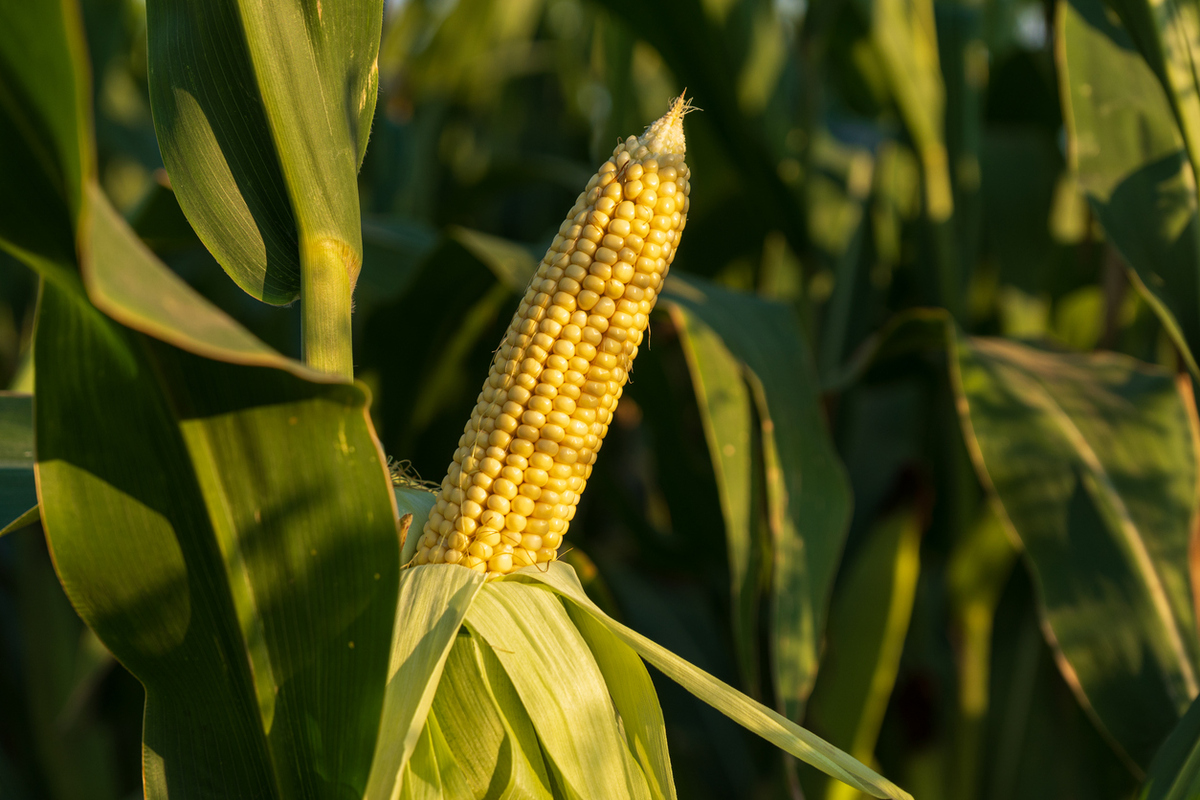
Two Insect-resistant Maize Events Reduce Fumonisin Pollution in China
April 16, 2025| |
A study conducted by researchers from China showed that two genetically modified (GM) insect-resistant maize events, CM 8101 and Reuifeng 8, reduced fumonisin pollution under the stress of Lepidopteran insects (Ostrinia furnacalis and Helicoverpa armigera).
China, the world's second-largest maize producer, faces widespread fumonisin contamination caused by Fusarium spp. Fumonisins affect over 80% of corn-producing areas, with higher pollution levels seen in regions like Zhuozhou due to favorable conditions for fungal growth. Field trials from 2018-2019 showed that planting insect-resistant maize hybrids significantly reduced fumonisin levels.
In this study, the results showed that the total amount of fumonisin in Bt maize decreased significantly under the stress of Lepidopteran insects. The study confirmed that Bt maize with two insect-resistant transgenic events could reduce fumonisin pollution by over 70%. The researchers concluded that CM 8101 and Ruifeng 8 have the potential to significantly reduce the pollution levels in field crops in China.
For more information, read the study from GM Crops & Food.
| |
You might also like:
- China Shows Progress in GM Crop Approvals and Plantings
- China Releases Guidelines for Application of GM Microorganisms Derived Products in Food Processing
- China Issues New and Renewed Biosafety Certificates for GE and Gene-edited Crops
Biotech Updates is a weekly newsletter of ISAAA, a not-for-profit organization. It is distributed for free to over 22,000 subscribers worldwide to inform them about the key developments in biosciences, especially in biotechnology. Your support will help us in our mission to feed the world with knowledge. You can help by donating as little as $10.
-
See more articles:
-
Plant
- Research Reveals Cry1Ab Kills Pests Through Two Pathways; Increasing Sustainability of GE Crops
- Two Insect-resistant Maize Events Reduce Fumonisin Pollution in China
-
Animal
- ISAAA Webinar Explores Animal Biotech Regulations in the Philippines
-
Food
- FSANZ Approves First Cell-Cultured Food to be Marketed and Sold in Australia and New Zealand
- Lettuce Biofortified With Folate Stable in Field Conditions
-
Health
- Scientists Develop New Gene Editing Tool that Replaces Entire Genes
-
Environment
- Genome Sequences for Five Duckwood Species Reveal Potential for Food and Fuel Source
- Water Stress Improves Triacylglycerol Production in High-leaf Oil Tobacco Plants
-
Read the latest: - Biotech Updates (January 28, 2026)
- Gene Editing Supplement (January 28, 2026)
- Gene Drive Supplement (February 22, 2023)
-
Subscribe to BU: - Share
- Tweet

